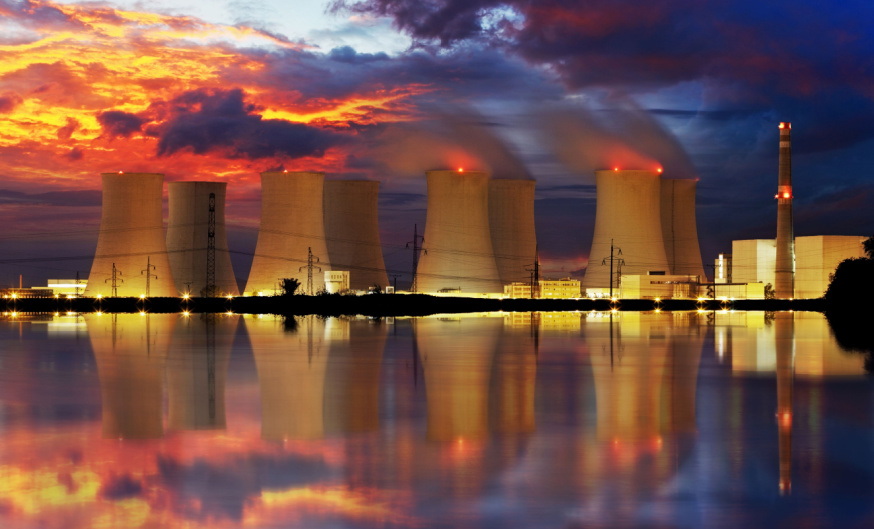
In yet another boon for uranium bulls amid a surging market, Bloomberg reports that the United States announced last week that it plans to champion a push at the COP28 climate summit to triple global nuclear power capacity by 2050.
The U.S. says that it will call on the World Bank to add nuclear energy to their lending policies, and will likely be joined by the UK, France, Sweden, Finland, and South Korea in signing the pledge on Dec. 1. Bloomberg also added that this is expected to be followed by a commitment from the nuclear industry to triple resource generation from 2020 levels.
The countries signing the agreement recognize “the key role of nuclear energy in achieving global net-zero greenhouse gas emissions/carbon neutrality by or around mid-century,” reads a draft of the declaration shown to Bloomberg. “Nuclear energy is already the second-largest source of clean dispatchable baseload power, with benefits for energy security.”
A key part of COP28 is the parties involved tracking our current emissions, and ostensibly making plans to keep warming below 1.5 degrees Celsius (unlikely, but imperative). Proponents of nuclear energy have always argued that nuclear power should be a key part of the transition to cleaner forms of energy, while detractors argue that the risks of nuclear power plants and immense quantities of waste created should negate it as an option.
But with this latest full-throated support by many of the world powers, it seems clearer than ever that nuclear is going to play a significant part of the energy mix in the coming decades.
"Multiple system level decarbonization modeling exercises over the last two years have concluded that, especially with estimates for renewables buildout that account for limitations from transmission expansion and land use, significant new nuclear power would be required by 2050," reads a report from the U.S. Department of Energy. The report uses 200 GW of new advanced nuclear power capacity as a benchmark as what it would take to "deploy at scale, a midpoint from modeling exercises that appears ambitious yet achievable." The report goes on to argue that the buildout of nuclear capacity needs to happen now, and that waiting until the mid-2030s to scale up will cause the country to miss its climate targets.
It also says that supporting 200 GW of new nuclear capacity "would require the fuel supply chain to increase by 200-300%."
That's music to your ears if you're a uranium investor. In fact, the entire report seems to align with what uranium bulls have been saying all along: that nuclear power would end up a significant piece of the decarbonization puzzle, and that for it to thrive, it would require a massive increase of new supply.
This is one big reason why uranium has jumped to a 15-year high over the past couple of weeks, with the fervor over the metal only growing. More and more countries are climbing aboard the trend, while countries like Italy are restarting their nuclear programs.
It will be interesting to see how the market shifts during COP28, which starts Nov. 30. We'll keep an eye on it and report anything that goes down that could have an effect on your portfolio.






